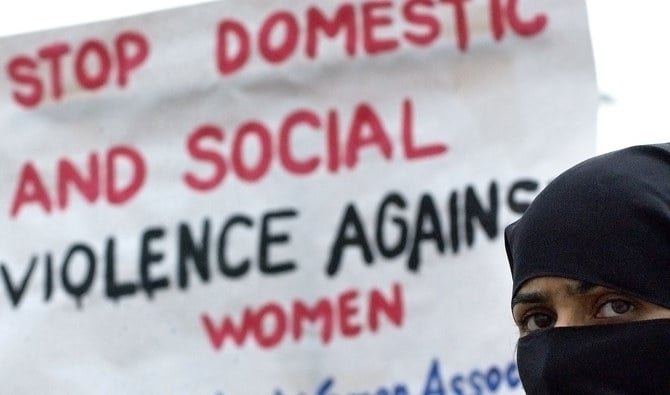Coronavirus pandemic fuelled child abuse, racism: EU rights agency
Domestic violence, sexual abuse also increased in 2020, says EU rights group
June 10, 2021

- Pandemic and its reactions have had an adverse effect on vulnerable groups, says Vienna-based Fundamental Rights Agency.
- Domestic violence, sexual abuse increased in 2020.
- Calls to national domestic violence hotlines rose by 50% in Czech Republic last year, says rights group.
In its annual report on Thursday, an EU rights agency said the coronavirus pandemic has had a profound effect on human rights, as child abuse and incidents involving racism have increased since the past year.
"The pandemic and the reactions it triggered exacerbated existing challenges and inequalities in all areas of life, especially affecting vulnerable groups," a report by the Vienna-based Fundamental Rights Agency said.
"It also sparked an increase in racist incidents," the FRA added, calling the pandemic´s effects on rights "profound".
Marginalised groups such as Roma, refugees and migrants were not only at higher risk of contamination, but also lost jobs owing to strict lockdown measures.
In addition, they were the targets of "racist and xenophobic incidents, including verbal insults, harassment, physical aggression and online hate speech", according to evidence collected by the FRA and other groups.
In 2020, domestic violence and sexual abuse also increased, the report said.
It cited sources in the Czech Republic and Germany as saying that calls to national domestic violence hotlines rose by 50% in the former and by 20% in the latter between March and June last year.
Child sexual abuse online also increased, FRA said, citing Europol.
The agency urged countries to tackle the pandemic and its "unprecedented collective challenge" to human rights with "balanced measures that are based on law" and which were "temporary and proportional".
The report covers the 27 European Union member states, along with North Macedonia and Serbia.









